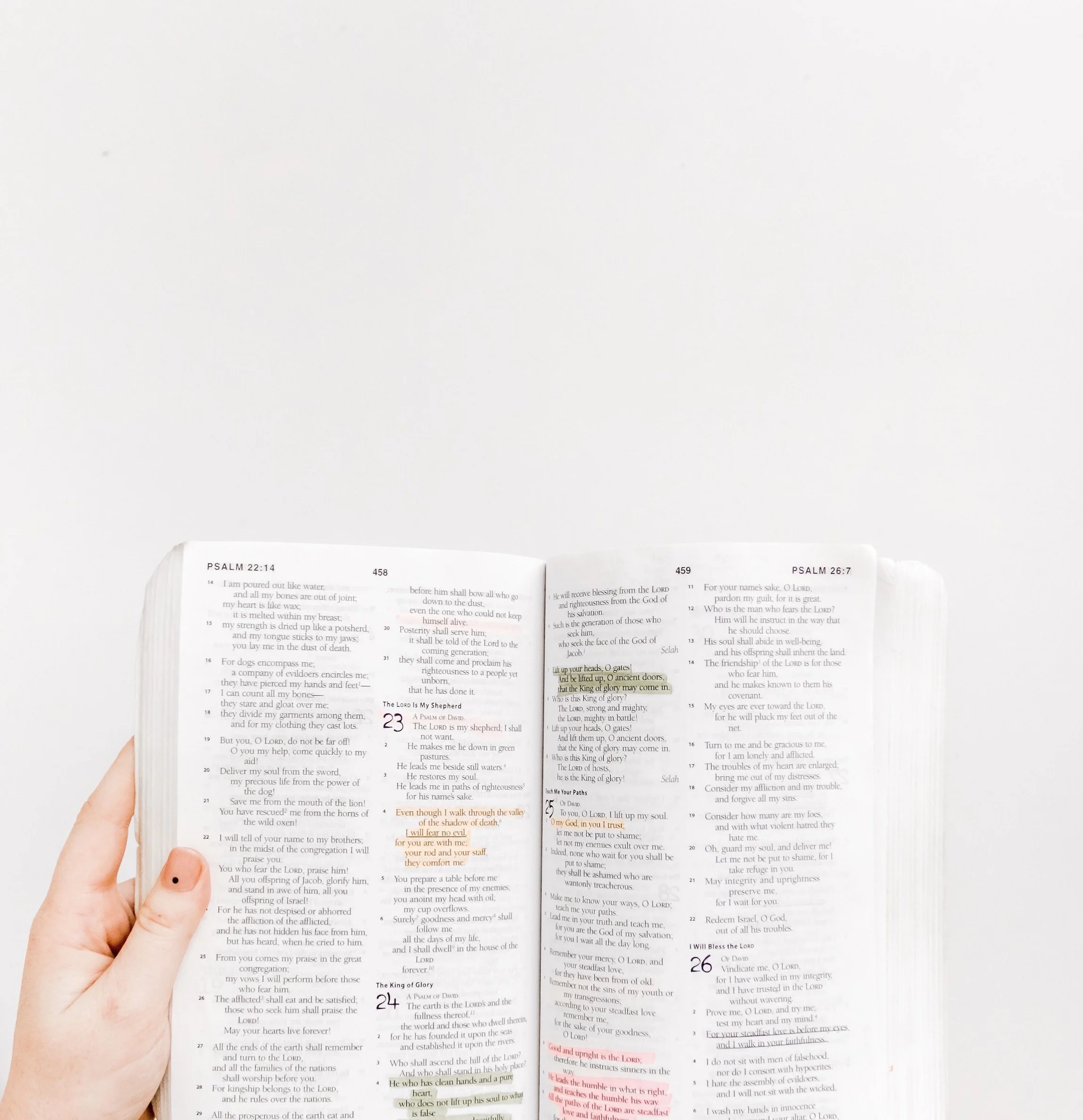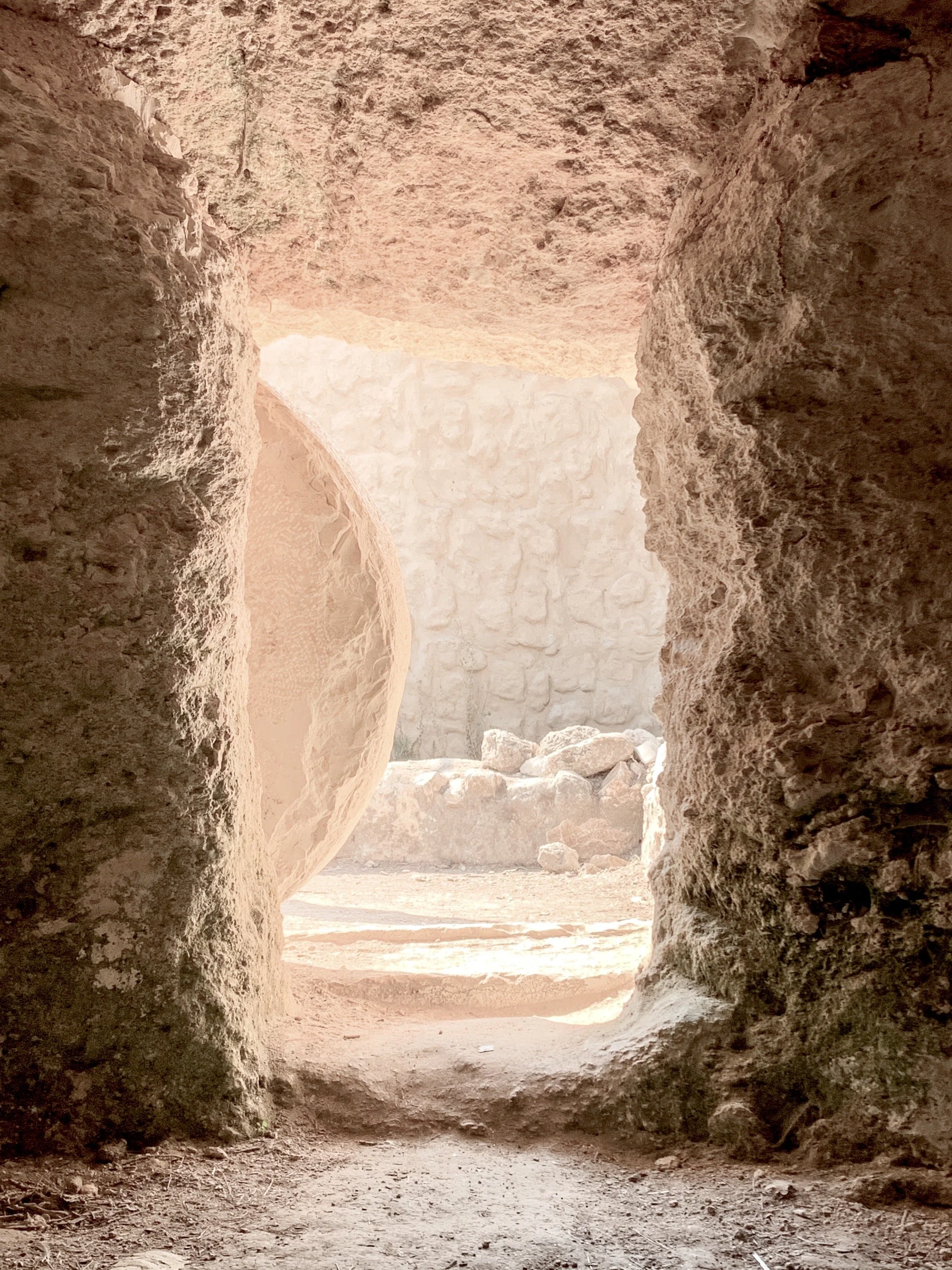Ruth and the Concubine
Behold, there was his concubine lying at the door of the house, with her hands on the threshold. He said to her, “Get up, let us be going.” But there was no answer.
– Judges 19:27-28
At midnight the man was startled and turned over, and behold, a woman lay at his feet! He said, “Who are you?” And she answered, “I am Ruth, your servant. Spread your wings over your servant, for you are a redeemer.”
– Ruth 3:8-9
There is an odd parallelism between the scenes in Judges 19 and Ruth 3. Both deal with an Israelite man (Levite, Boaz) and a woman of relatively low status (Ruth, a foreigner; the concubine, a secondary wife or slave). Both occur in the time of judges. Both occur not far from Jerusalem: in Gibeah, four miles north, and Bethlehem, five miles south. Both are detailed stories vividly told in the context of very little mention of God by the narrator. In both, a man wakes from sleep to find a woman lying prone near his feet. One occurs at the threshold of a door; the other on a threshing floor. Both are surprising situations. Both impact the course of an entire nation.
Yet the contrasts are even more striking. Consider simply what is spoken and what is not. Even before he knows who she is, Boaz asks for a name: the concubine has no name and is treated as chattel or worse. Ruth speaks her name; she asks for and receives protection. The Levite asks nothing. He expresses no sympathy or shock at what he finds, offers no protection. His words are chilling, and he receives no answer. We see the end of a so-called “marriage” in one scene; the beginning of a marriage in another. We see death and dismemberment in one; new life in the other—the restoration of name and property, the joining together of new limbs in the birth of a son who would be in the lineage of Christ.
I don’t know why Ruth would have been given the chance to make the choices she did, to speak with the voice she did, and the concubine not. There is this tension throughout the time of judges between God’s covenantal grace and his judgment for disobedience. There are times we see sin in all its true horror—and perhaps we need to—and there are times when we see grace break out like the dawn. Five chapters away from one of the most evil stories found in the Bible, there arrives its counterpart: a blazing beacon of protection, restoration, redemption, life, the pinnacle of a story that barely mentions God yet tells a tale that bears his sovereign provision on every page. God will not leave us in the dark. The story of Ruth speaks into all the stories before it, to tell us this truth. “The light shines in the darkness, and the darkness has not overcome it” (John 1:5).






